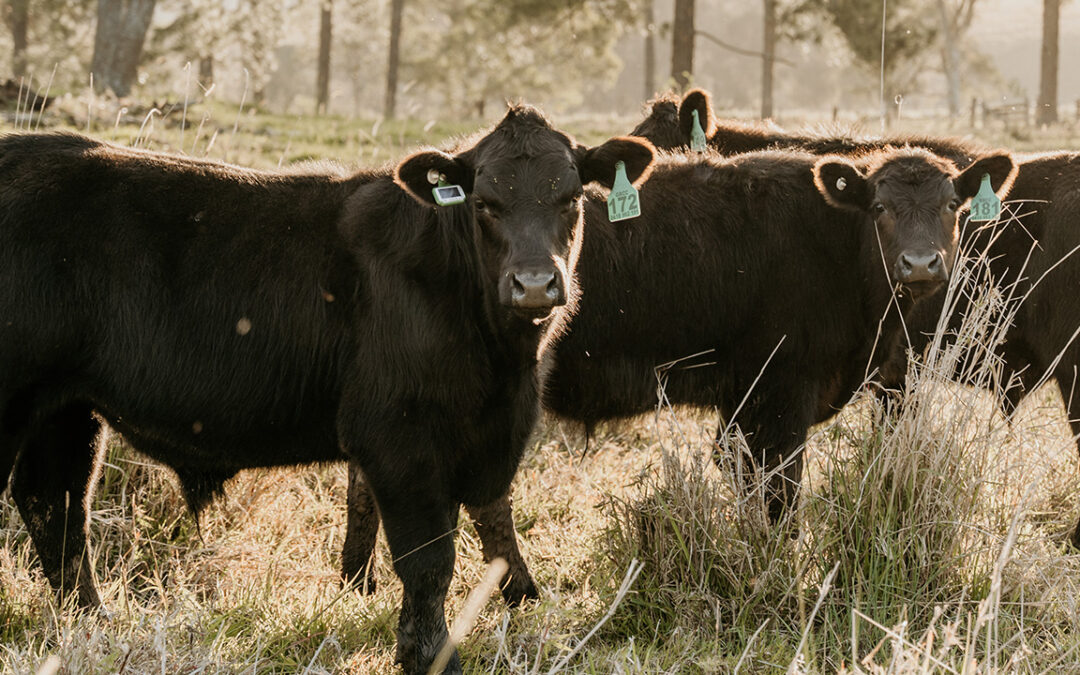A nearly half-a-million-dollar grant will allow Auburn University professors and Alabama Agricultural Experiment Station researchers to help blueberry growers in states like Alabama where growing the fruit has its challenges.
Funded by a $497,827 grant from the U.S. Department of Agriculture’s Agriculture and Food Research Initiative, the project is titled “Expanding Southern highbush blueberries to underserved regions of the Southeastern U.S.” and is being conducted by Assistant Professor Sushan Ru and Professor Elina Coneva, both from the Department of Horticulture, alongside collaborators at the University of Florida, North Carolina State University, University of Delaware, and USDA-Southern Horticultural Laboratory.
The Southeastern U.S. contributes more than 23% of the total $1 billion worth of American blueberry production, and it produces the earliest blueberries in the U.S. However, most blueberries in the Southeast are produced in Georgia, Florida and North Carolina, while small- to mid-sized growers in other Southern states — like Alabama — only maintain marginal production due to a lack of locally adapted cultivars.
To sustain blueberry production in underserved regions of the Southeastern U.S., Ru’s small fruit breeding program is collaborating with four established breeding programs in the Southeast to develop climate-resilient southern highbush blueberries for small- and mid-sized growers in Alabama and nearby regions through collaborative cultivar evaluation.
The group will also identify genotype-by-environment interactions for key traits to better allocate future cultivars to appropriate environments and enable high-throughput yield phenotyping for more efficient cultivar development.
A total of 38 advanced selections and newly released cultivars from four established breeding programs will be evaluated for three years in central and south Alabama, and testing sites in Florida, Mississippi and North Carolina.
“Toward the end of this project, we expect to release new cultivars for the general and specific environments of the Southeastern region, to benefit all growers and especially small- and mid-scale stakeholders,” Ru said. “We will train a field-based fruit breeder and develop a smartphone app to enable high-throughput yield phenotyping. Cultivars developed from this collaboration will set the foundation for a more sustainable and profitable blueberry industry in the Southeast for years to come.”





